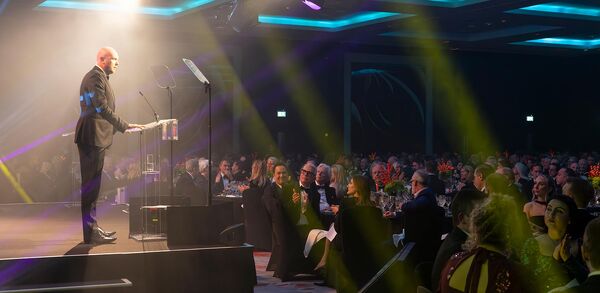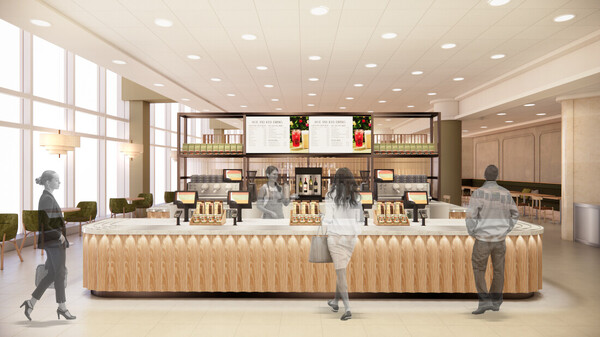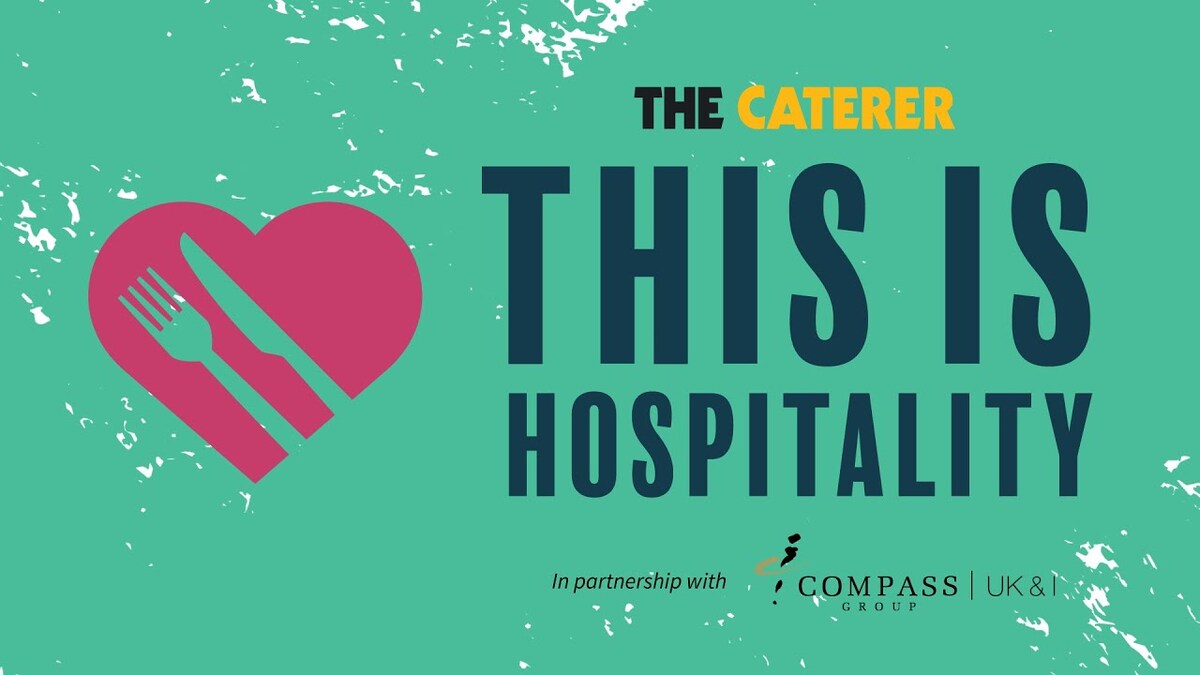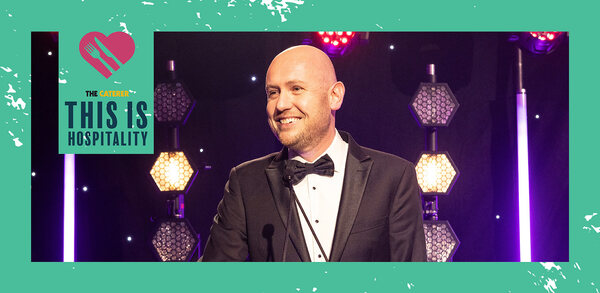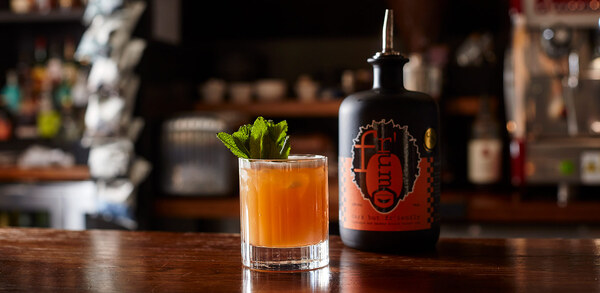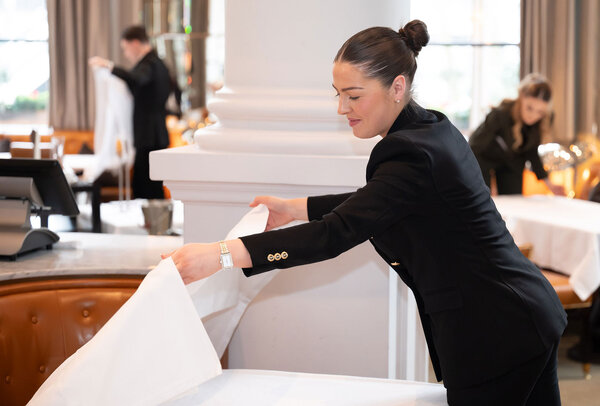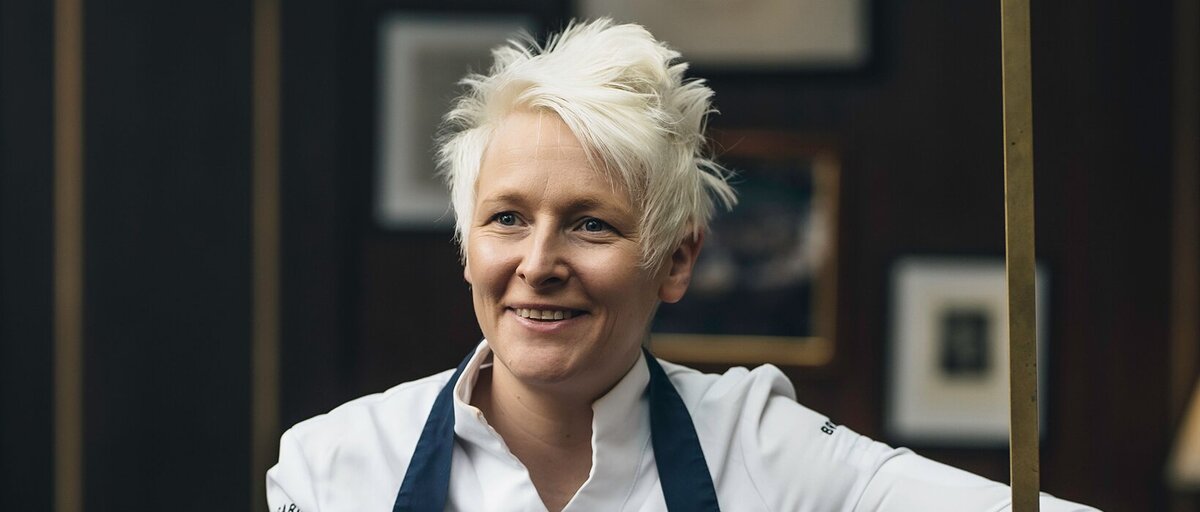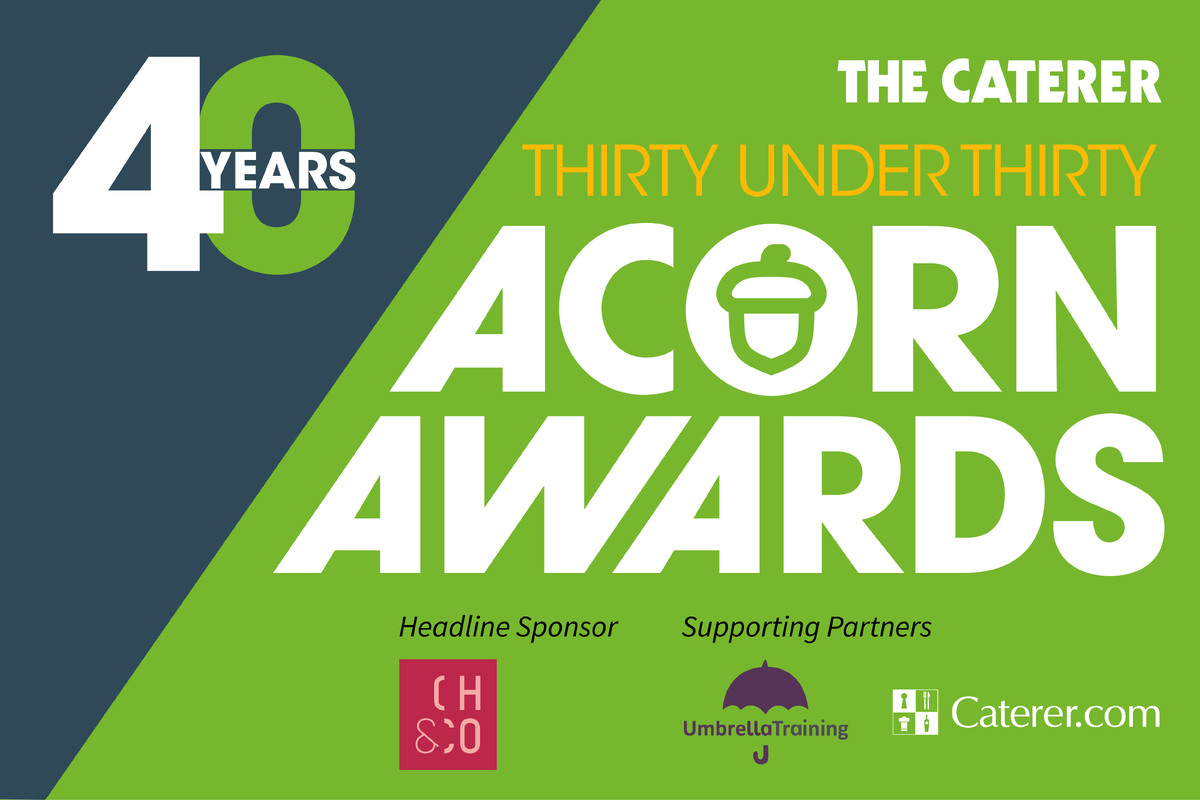Swallow Group – a year after its collapse into insolvency
"Too good to be true" is what was said of the Swallow Group's rapid expansion. A year after its collapse into insolvency, Andy Williamson looks at what was salvaged, and built, from the wreckage
A year ago, Swallow took a spectacular dive. In September 2006, the self-styled "fastest-growing hotel business in the UK" - which had grown in just three years into the 11th-largest in the country - collapsed, with more than 6,500 bedrooms under its wing. As had been widely predicted, things had gone badly wrong. As hotel industry consultant Melvin Gold says: "Rapid expansion of the type seen with the Swallow portfolio seemed too good to be true, and ultimately that turned out to be the case."
Swallow Hotels was part of the London and Edinburgh Swallow Group (LESG), which employed about 8,000 people nationwide and included London & Edinburgh Inns, Newlord, React Inns and the Gourmet Pub Company. Unable to meet its financial obligations, the entire portfolio was put into administration, with debts estimated at £40m.
Although new homes were found for large chunks of the LESG empire, this was not the end of the story for the rump of the business. As the first anniversary of the company's demise approaches, old staff and new operators alike can look back on a challenging year.
Ernst & Young was called in as administrator of LESG. The poor state of record keeping was one of the first hurdles it had to surmount. Angela Swarbrick, director of corporate restructuring, recalls: "One of the biggest challenges was simply determining the size of the portfolio." The final tally of properties was 835: 153 hotels, 128 managed pubs and 554 tenanted pubs.
For all of these, there was one immediate problem. "The premises licences for the whole portfolio became void on LESG's insolvency, so we had to apply to have them reinstated," recalls Swarbrick. "However, this had to be done within seven days, so we had our legal team working around the clock."
The disposals started straight away, the biggest tranche being sold to the Flodrive Group. In the first week of LESG's administration, Flodrive bought the businesses of 160 tenanted pubs, 45 managed pubs and 45 hotels where it already owned the freehold.
This sale generated valuable cash-flow for LESG, but the remaining tenanted pubs were proving a drain on resources. "We had to pay more to the landlords than we were receiving in rent," says Swarbrick. "This was not good for the creditors, so we decided it was best to let the tenants deal directly with the landlords."
Other buyers picked over the carcass of LESG in the succeeding months, with Crerar Hotels (26), Brook Hotels (six), Legacy Hotels (three), Folio Hotels (three) and Q Hotels (one) all acquiring morsels. The last property was sold on 23 January, and LESG is now in liquidation. From that starting tally of 835 properties, 320 were sold, 95 were closed and 420 tenanted pubs were handed back to their original landlords.
But what of the former boss? "We worked with [group founder and executive chairman] Alan Bowes," says Swarbrick. "He provided a valuable overview, but he didn't know much about the operational side of the business. He was declared bankrupt earlier this year."
The second biggest slice of the LESG pie, after Flodrive's, went to Crerar Hotels. It not only acquired the leases of 26 hotels but also snatched up the Swallow brand - according to chief executive Paddy Crerar, "for the price of a small car". The new Swallow Hotels website took flight in April and proved an instant success. "We took £250,000-worth of bookings in the first week after the relaunch - testament to customers' loyalty," says Crerar. "It is a strong brand, and I had no qualms about taking it on."
However, by that time a deal of damage had already been done. "It took an age to take the properties out of administration," says Crerar. "It dragged on until around Christmas, which was very tough timing for us." One of the properties had 28 wedding bookings cancelled in a three-week period.
The situation was similar at Legacy Hotels & Resorts, which acquired three LESG properties. "Although the hotels had been with Swallow for less than a year," notes chief executive Andy Townsend, "they'd managed to do a huge amount of damage. There were no records and an empty order book."
Umesh Ummat, managing director of Brook Hotels, which took on six hotels, is more forgiving. "I don't think Swallow did that bad a job in terms of the collateral," he says. "We've acquired a group of fantastic properties. They were simply overstretched." However, he agrees that the hotels suffered from the stigma of administration, and this is still damaging leisure business.
But there proved to be unexpected costs associated with the new acquisitions. "We honoured all booked functions, including weddings, which proved very costly for us," says Ummat. "There's a golf course at one of the hotels where members had already paid their annual subscriptions. We had to run the course for free for 12 months, and spend £250,000 replacing the broken equipment."
Townsend believes that "no corner was left uncut" by LESG. "We've spent about £300,000 between the three properties just to make them legally compliant," he says. Alleged failings included no emergency lighting and fire extinguishers that hadn't been serviced.
Flodrive has also dug deep into its pocket. The hotels it acquired, now trading as Oxford Hotels & Inns, have had £1.5m spent on them in upgrades. Managing director Mark Edwards says: "We've spent money where it has been necessary, raising standards but allowing each hotel to retain its individuality. In all, one-third of the bedrooms have received some form of investment."
The demise of LESG also put thousands of jobs on the line. About 6,700 jobs out of a total of 8,000 were saved but, with morale low and salaries unpaid, their new bosses still had the task of winning over "hearts and minds". This, though, has been one of the success stories of life after Swallow.
At Brook Hotels, the decision was made to pay the staff all outstanding money. "There was nothing wrong with the quality of the staff," says Ummat. "They were simply undervalued and underutilised. Swallow's problem was that it had become too large to manage things effectively. We've invested in retraining staff and helping them with their careers."
It was a similar story at Legacy Hotels. "Most of the staff predated the acquisition by Swallow, so they were loyal to the property rather than the company," says Edwards. "They proved very easy to win over. We paid them any money they'd lost and gave them all new uniforms."
New approach
Improving operating performance at the former Swallow hotels has been a tough task which the new operators have tackled by introducing new systems and a new approach. "LESG had no reliable accounts," says Crerar. "This has made it very difficult to determine performance improvements, but we have now dropped in our own standard operating procedures. There was also no sales focus - Swallow didn't see that the hotels needed different approaches."
Legacy Hotels also found that there had been a lack of sales focus under the old regime, with properties given no authority to spend. It embedded its own reservation system and has since set about driving room business. "We're very proud of the success we've had," says Townsend, "but we're still paying the price for the damage done under Swallow."
Room yield and room revenue have both grown strongly in the first six months of 2007 under Legacy Hotels. At the Aston Court in Derby, for example, room yield rose by £5.55 and revenue by 21%, while at the Springfield in Gateshead the figures were £5.26 and 30% respectively, and at the Rose & Crown in Salisbury they were £5.36 and 18%.
Trading at Brook Hotels was very flat during its first six months in charge, with occupancy averaging 65-68% and average room rate £60-£65.
Oxford Hotels & Inns' portfolio includes the Carnoustie Golf hotel. "The timing [of our acquisition] was very fortunate for us," notes Edwards. "The hotel went ahead as planned with hosting the Open Golf Championship 2007, which provided us with a boost to business and great publicity."
Restoring normality
There's a general feeling at Legacy that the first year of operations has been all about steadying the ship and restoring normality. "Our focus now is on driving sales and event business," says Townsend. "The owners are in a better position than last year. They now have control over their destiny. However, it remains to be seen whether their investment was worthwhile. It's a medium- to long-term game and all about driving the value in the assets."
The hard bit for Ummat has been the consolidation. "It wasn't as easy as we thought," he admits. "We've learnt a huge amount from the experience and I certainly don't regret the decision to invest."
Crerar intends to keep the Swallow-branded hotels separate from the seven-strong Crerar Hotels grouping. However, he sees 2008 as the year when Swallow Hotels will bounce back. "It's a very exciting time," he observes. "I would certainly do it again, if a little bit differently."
Edwards feels that he now has the building blocks in place for future success. "Only now are we seeing the fruits of our labours," he says. "I want to capitalise on this and focus on the local marketplace, so we can bring in function business."
The Swallow affair shows that investing in the hotel industry is different from normal commercial property. "Any investor coming into the sector should bear in mind the different characteristics of the underlying business," says Gold. "The recent boom in hotel investment is not without risks, especially at this unbranded end of the market."
Breathing life back into the former LESG properties may have proved more difficult than at first expected, but it seems that both the properties and the Swallow brand may yet have wings to fly.
The cause of the collapse
LESG's business model was an accident waiting to happen.
The company bought properties before splitting them between owner and operator. The ownership was sold at a premium on the basis of a guaranteed rent. This rent was overleveraged, being too close to what the hotel could support.
Swallow, as the operator, needed to be very good to maintain the necessary level of earnings. It wasn't, so the end was only a matter of time.
The rise and fall of Swallow
1996: London Inn Group (LIG) is founded by Alan Bowes.
2000: Acquires 47 pubs from Greene King for £7m.
2003: Takes control of 13 Swallow hotels from Whitbread for £52m and buys the Swallow brand name rights for £5m. Acquires 252 pubs from Punch Taverns for £57m.
2004: LIG acquires 30 pubs from Valley Inns, Tager Inns and Western Castle for £8.9m, buys 13 hotels for £60m, and launches React Inns, a management company for problem pubs.
2005: Acquires the 56-strong Yorkshire-based Publico Pub Company for £20m, eight hotels from Corus for £32.9m and 20 hotels from North British Trust Group for £61m.
2006: Acquires Carnoustie Hotel, Golf Resort & Spa in Scotland and the three-strong Scottish Freedom of the Glen hotel group.
September 2006: Goes into administration with estimated debts of £40m.


